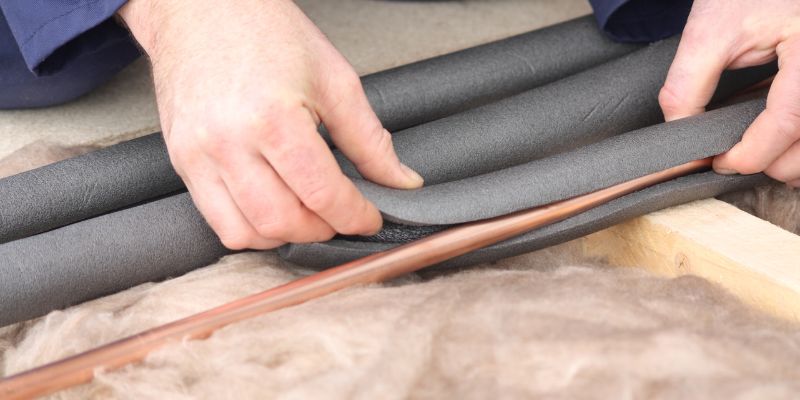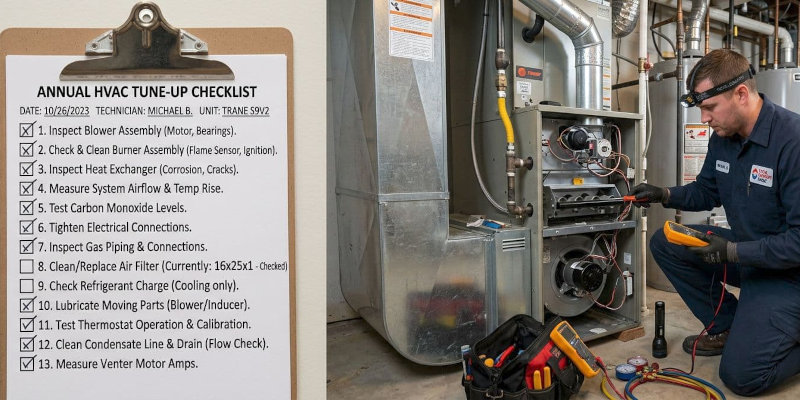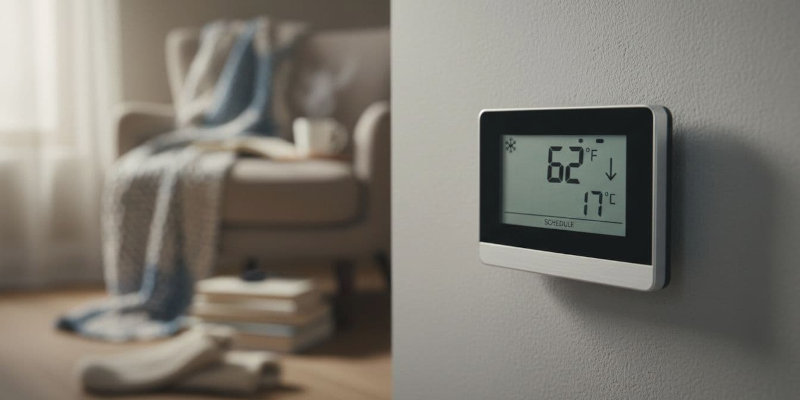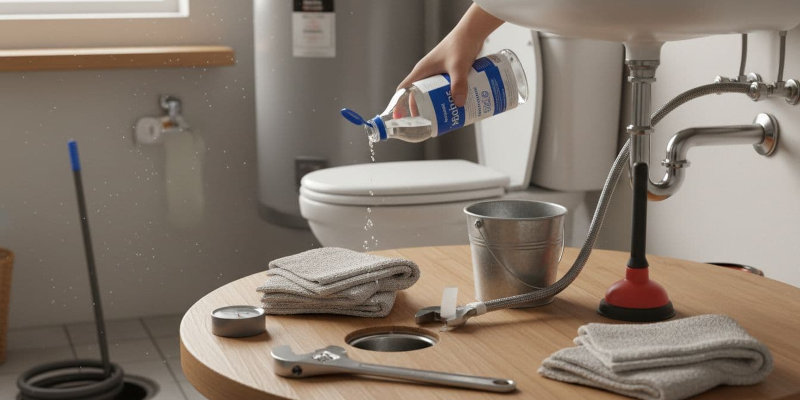Winter is here, and with it comes the potential for a variety of plumbing issues. As temperatures drop, pipes can freeze, and water flow can be disrupted. Regular maintenance and winterizing your plumbing system can help prevent these problems, but sometimes issues can still arise. In this article, we will discuss five common winter plumbing problems and provide solutions to help you avoid costly repairs.
One of the most common winter plumbing problems is frozen pipes. When water inside pipes freezes, it expands, leading to pipe bursts. This can cause significant damage to plumbing systems during cold weather. However, there are steps you can take to prevent frozen pipes, such as insulating exposed pipes and keeping your home heated to a consistent temperature. If you do experience frozen pipes, it is important to address the issue promptly to prevent further damage.
Another issue that can arise during the winter months is leaks in outdoor faucets or hose bibs. These small taps on the outside of your home are used to attach a garden hose for outdoor maintenance tasks. They are very likely to freeze and can cause water damage to your home. To prevent this, it is important to properly winterize your outdoor plumbing by disconnecting hoses and draining water from the pipes. By taking these steps, you can avoid the hassle and expense of dealing with a leaky outdoor faucet.
Preventing and Thawing Frozen Pipes
Winter is a time when pipes are more prone to freezing, causing water blockages that can be a major inconvenience. However, with a little know-how, you can prevent and thaw frozen pipes to keep your plumbing system running smoothly.
Insulate to Protect Exposed Pipes
One of the main causes of frozen pipes is insufficient insulation, especially in areas where pipes are exposed to cold air. To prevent this, we recommend insulating all exposed pipes with foam insulation sleeves or wrapping them with heating tape. This will help to keep the pipes warm and prevent ice formation.
Dealing with Frozen Water Blockages
If you do experience a frozen pipe, it’s important to act quickly to prevent water damage. The first step is to shut off the water supply to the affected area to prevent further damage. Next, we recommend opening the faucet connected to the frozen pipe to relieve the pressure and allow the water to flow out when it thaws.
To thaw the frozen pipe, you can use a hairdryer, heat lamp, or hot towels. Be sure to start from the faucet end and work your way toward the frozen area. Never use an open flame or propane torch to thaw a pipe, as this can cause a fire hazard.
In conclusion, preventing and thawing frozen pipes is an important part of winter plumbing maintenance. By insulating exposed pipes and knowing how to deal with frozen water blockages, you can keep your plumbing system running smoothly throughout the winter months.
Common Winter Plumbing Issues and Fixes
Winter can be a challenging time for your plumbing system. The cold weather can cause a range of problems, from clogged drains and garbage disposals to burst pipes and water heater issues. In this section, we’ll discuss some of the most common winter plumbing issues and how to fix them.
Tackling Clogged Drains and Garbage Disposals
Clogged drains and garbage disposals are a common problem during the winter months. As the temperatures drop, grease and other debris can solidify in your pipes, leading to blockages. To prevent clogs, avoid pouring grease down your drains and run hot water down your sink after each use.
If you do encounter a clog, try using a plunger or drain snake to clear the blockage. For garbage disposals, turn off the power and use tongs or pliers to remove any debris that may be causing the problem.
Fixing Leaks and Burst Pipes
Leaking pipes and burst pipes are some of the most serious winter plumbing problems. If you notice a leak or hear the sound of running water in your walls, it’s important to act quickly to prevent water damage. Shut off the water supply to your home and call a professional plumber to assess the situation.
To prevent burst pipes, make sure your pipes are properly insulated and keep your home’s temperature at a consistent level. If you’re going to be away from home for an extended period, consider turning off your main water supply and draining your pipes to prevent freezing.
Water Heater Maintenance and Troubleshooting
Your water heater is another essential component of your plumbing system that can be affected by the cold weather. Sediment buildup can reduce your water heater’s efficiency and lead to malfunctions. To prevent sediment buildup, flush your water heater regularly according to the manufacturer’s instructions.
If you’re experiencing problems with your water heater, such as lukewarm water or strange noises, try troubleshooting the issue. Check the thermostat, pressure relief valve, and heating elements to make sure they’re functioning properly. If you’re unsure how to troubleshoot your water heater, contact a professional plumber for assistance.
By taking these steps to address common winter plumbing issues, you can keep your plumbing system running smoothly all season long. Remember, if you’re unsure how to fix a problem or encounter a serious issue, don’t hesitate to contact a Aaron’s Plumbing for assistance.




